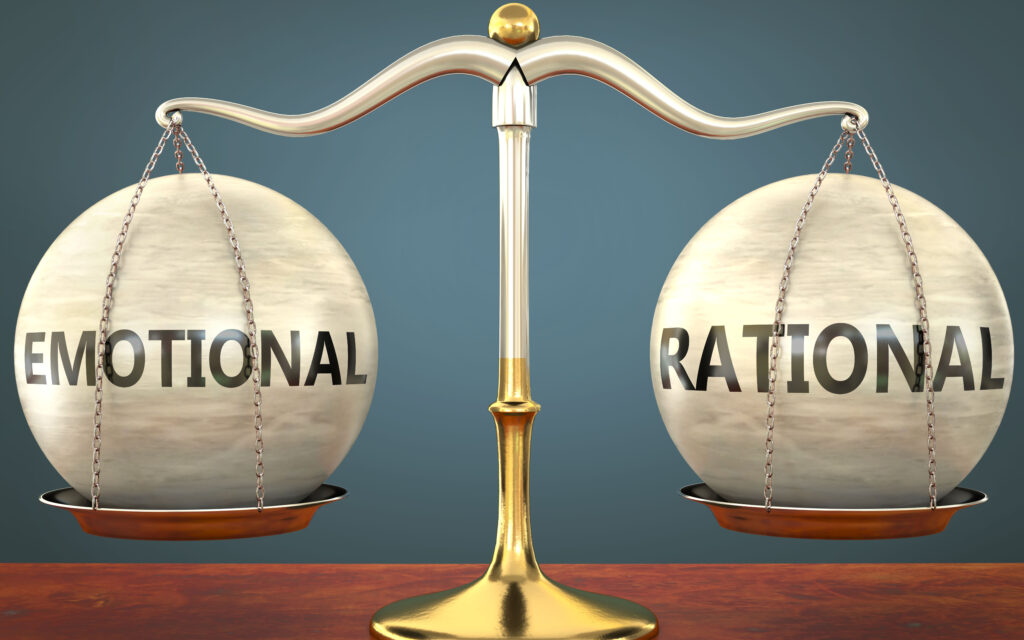I recently coached a physician who was on the verge of burnout. She wants out of medicine but she doesn’t know if or when she can retire. This leaves her feeling stuck.
However, as I gently probed to uncover her circumstances, I discovered that she did not know her numbers. She does not know what her monthly expenses are, the current value of her portfolio or even what’s in it.
She told me her husband used to take care of the money, and he’s succumbing to dementia. Money management is now falling on her shoulders, and she thinks she’s ill-equipped to do it. She also knows that her husband’s memory care can be costly.
This doctor also shared that, without consulting her husband, she invested in a “dumb doctor deal” to catch up with her retirement savings. She was willing to take high risk for the potential of high returns. She lost all of her money.
Right now, this doctor’s financial choices are driven by emotion. She seems to be drowning in a sea of feelings like fear and anxiety and despair.
I asked her if she delivered medical care to her own family members.
She said, “Of course not!”
When I asked why not, she said, “My judgment might be clouded by emotion.”
I suggested the possibility that her financial choices—and their impact on her financial health—might be clouded by emotion.
A big part of your value as a financial advisor is helping people escape emotion-driven decisions and, instead, make sound financial choices based in facts, values and reason.
So, if and when you run into doctors who are financial DIY-ers, they might ask, “Why should I pay a financial advisor?”
You can answer with a question. Ask, “Do you assume the medical care of people you love? Do you operate on your mother? Do you prescribe Adderall for your child?”
Of course they don’t!
You can then create the bridge between physical health and fiscal health. Suggest they face the same risk of bad outcomes as they manage their own finances with emotion.
Tell them about your experience with doctors who make emotional financial choices. Tell them that when you work with your doctor clients, you help them make reasoned choices that support their goals and values. Share a quote from a doctor who told her financial advisor, “Thank you for helping me. You protect me from myself!”
What do you think?

